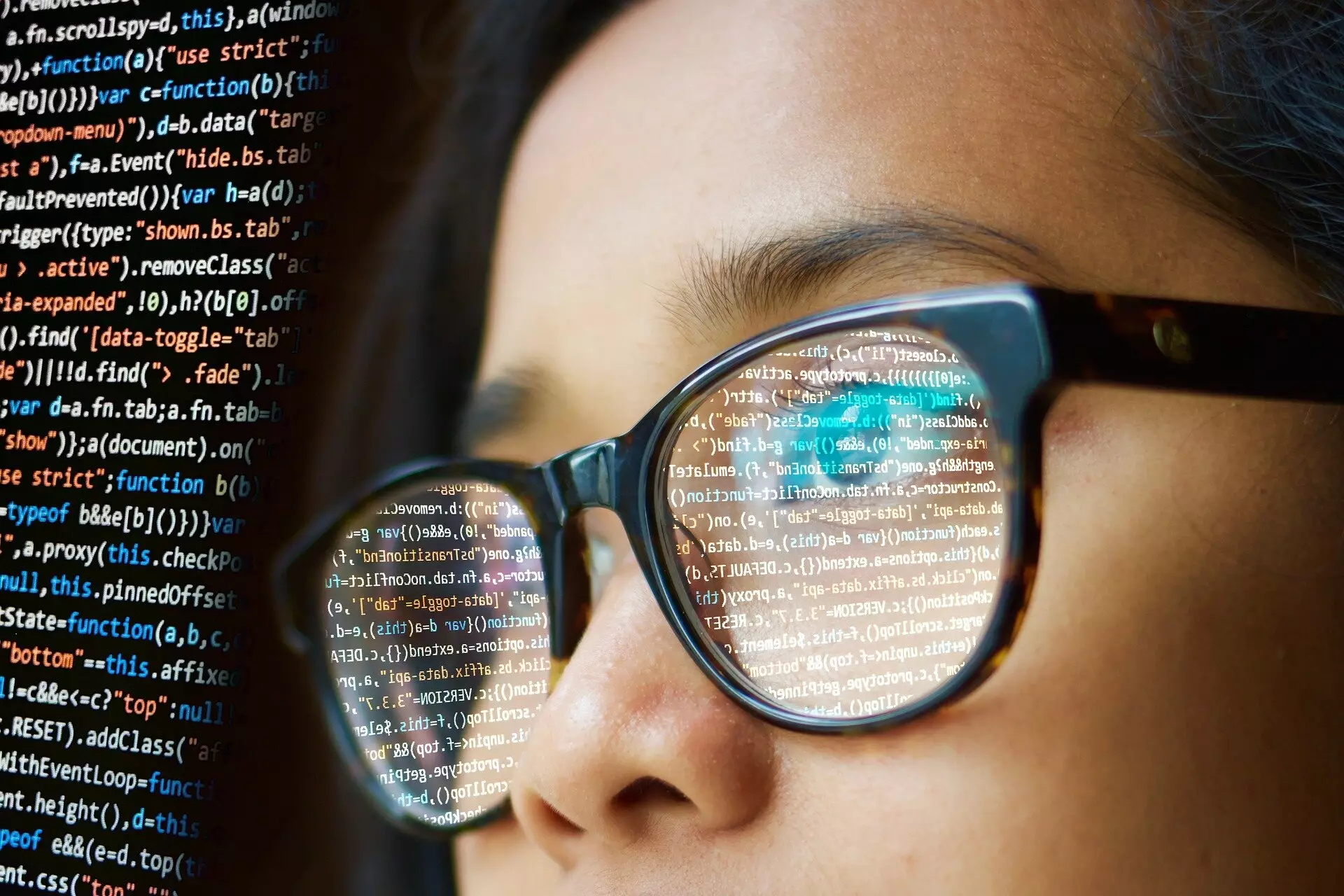Artificial intelligence (AI) has become an integral part of our daily lives, impacting various aspects of society. A recent study conducted by researchers at Washington University in St. Louis sheds light on an interesting psychological phenomenon related to training AI. The study revealed that participants actively adjusted their behavior to appear more fair and just when told they were training AI to play a bargaining game. This behavior has significant implications for AI developers as it highlights the importance of considering human biases and motivations during the training process.
The study, published in the Proceedings of the National Academy of Sciences, included five experiments with approximately 200-300 participants in each. The participants were asked to play the “Ultimatum Game,” a challenge where they had to negotiate cash payouts with either human players or a computer. Some participants were informed that their decisions would be used to teach an AI bot how to play the game. Surprisingly, the players who thought they were training AI exhibited a greater tendency to seek a fair share of the payout, even if it meant sacrificing a few dollars. This behavior persisted even after they were informed that their decisions were no longer being used to train AI, suggesting a lasting impact on their decision-making process.
While the study highlighted the participants’ inclination to train AI for fairness, the underlying impulse behind this behavior remains unclear. Researchers did not delve into specific motivations and strategies, leaving room for interpretation. Wouter Kool, an assistant professor of psychological and brain sciences, speculated that participants may have been driven by their natural tendency to reject offers that appeared unfair. He emphasized the importance of considering the psychological aspects of human decision-making in the training of AI to avoid biases in the resulting algorithms.
Chien-Ju Ho, an assistant professor of computer science and engineering, emphasized the significant role of human decisions in AI training. Ho highlighted the potential risks of human biases impacting the accuracy and fairness of AI algorithms, citing examples of facial recognition software that struggles to identify people of color due to biased training data. Addressing these biases is crucial to ensure that AI systems are more inclusive and equitable in their functioning. By recognizing the psychological aspects of computer science and human behavior, developers can create AI models that are more representative and unbiased.
The study by Washington University researchers sheds light on the psychological impact of training AI for fairness. The findings underscore the importance of considering human biases, motivations, and behaviors in AI development to mitigate potential biases and ensure the ethical deployment of AI technologies. By acknowledging and addressing the psychological aspects of AI training, developers can create more inclusive and unbiased artificial intelligence systems that benefit society as a whole. The intersection of human behavior and artificial intelligence offers valuable insights for the future of technology and the ethical implications of AI deployment.


Leave a Reply